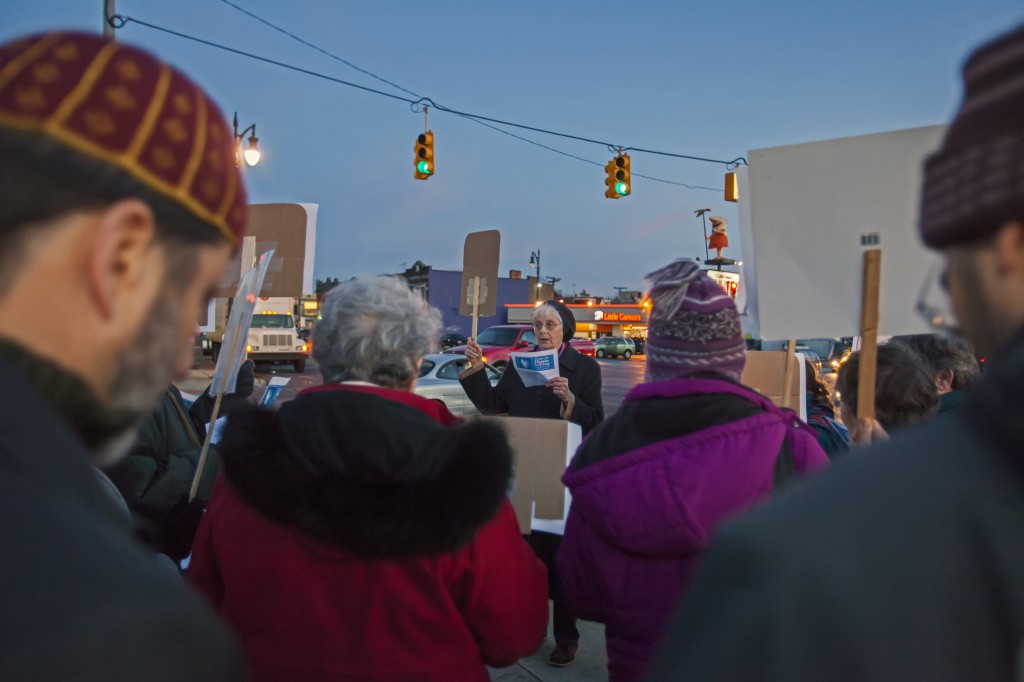
By Cindy Wooden
Human trafficking is “a despicable activity, a disgrace for our societies, which describe themselves as civilized,” Pope Francis said.
Refugees, displaced and stateless people are particularly vulnerable to “the plague of human trafficking, which increasingly involves children subjected to the worst forms of exploitation and even recruitment into armed conflicts,” the pope said May 24.
With many victims of trafficking forced into prostitution, Pope Francis said that “exploiters and clients at every level must make a serious examination of conscience before themselves and before God.”
“In a world that talks so much about rights, how many times are human rights trampled,” he said. “In a world that talks so much about rights, the only thing that seems to have them is money. Dear brothers and sisters, we live in a world where money rules. We live in a world, in a culture, where money worship reigns.”
Pope Francis made his comments during a meeting with members of the Pontifical Council for Migrants and Travelers, who were holding their plenary assembly at the Vatican. Their main focus was on the rights and needs of refugees and forcibly displaced people.
The pope urged government leaders, legislators and the international community to find “effective initiatives and new approaches for safeguarding their dignity, improving their quality of life and for facing the challenges emerging from modern forms of persecution, oppression and slavery.”
He also urged Catholics to take seriously their obligation to see migrants and refugees as their brothers and sisters and “give voice to those not able to make their cries of pain and oppression heard.”
Christians must be sensitive and respond to refugees and forcibly displaced people and their experiences of “violence, abuse, being far from their family’s affection, traumatic events, fleeing their homes and being in refugee camps uncertain about their futures.”
At the same time, he said, Christians must learn to appreciate “the light of hope” shining through the eyes and lives of refugees and displaced people.
“It is a hope that is expressed in their expectations for the future, their willingness to make friendships, their desire to participate in the society that welcomes them, including through learning the language, entering the job market and sending their children to school.”
Pope Francis, whose four grandparents were born in Italy and immigrated to Argentina, said, “I admire the courage of those who hope to gradually resume a normal life in the expectation that joy and love will once again brighten their existence. All of us can and must nourish their hope.” – CNS